This article was co-authored by Erik Kramer, DO, MPH. Dr. Erik Kramer is a Board-Certified Primary Care Physician at the University of Colorado. With over 15 years of experience, his clinical interests include obesity and weight management, diabetes care, and preventive care, as well as embracing a holistic approach to primary care. He received his Doctorate in Osteopathic Medicine (D.O.) from the Touro University Nevada College of Osteopathic Medicine and completed his residency at Central Maine Medical Center. Dr. Kramer is a Diplomate of the American Board of Obesity Medicine.
There are 8 references cited in this article, which can be found at the bottom of the page.
This article has been viewed 100,334 times.
Diarrhea is a super common and usually harmless condition. But if you’re pregnant, some prescription and over-the-counter diarrhea medications may not be safe for you and your baby. Don’t worry. There are actually plenty of ways you can naturally treat your diarrhea. To help you do it, we’ve put together a handy list of things you can do to help relieve your symptoms.
Steps
Warnings
- Never take any medications while you’re pregnant without checking with your doctor first to make sure it’s okay.⧼thumbs_response⧽
- If you feel sharp pains in your abdomen, or if you have vaginal bleeding, see a doctor right away.[15]⧼thumbs_response⧽
References
- ↑ https://americanpregnancy.org/healthy-pregnancy/is-it-safe/diarrhea-in-pregnancy-5563/
- ↑ https://medlineplus.gov/ency/patientinstructions/000121.htm
- ↑ https://www.acleanplate.com/maple-lemon-electrolyte-water/
- ↑ https://badgut.org/information-centre/health-nutrition/diarrhea-and-diet/
- ↑ https://medlineplus.gov/ency/patientinstructions/000121.htm
- ↑ https://www.whattoexpect.com/pregnancy/symptoms-and-solutions/pregnancy-diarrhea.aspx
- ↑ https://badgut.org/information-centre/health-nutrition/diarrhea-and-diet/
- ↑ https://americanpregnancy.org/healthy-pregnancy/is-it-safe/diarrhea-in-pregnancy-5563/
- ↑ https://www.whattoexpect.com/pregnancy/symptoms-and-solutions/pregnancy-diarrhea.aspx
- ↑ https://americanpregnancy.org/healthy-pregnancy/is-it-safe/diarrhea-in-pregnancy-5563/
- ↑ https://badgut.org/information-centre/health-nutrition/diarrhea-and-diet/
- ↑ https://www.todaysparent.com/pregnancy/pregnancy-health/dealing-with-diarrhea-during-pregnancy/
- ↑ https://www.whattoexpect.com/pregnancy/symptoms-and-solutions/pregnancy-diarrhea.aspx
- ↑ https://www.mayoclinic.org/symptoms/diarrhea/basics/when-to-see-doctor/sym-20050926
- ↑ https://myhealth.alberta.ca/Health/aftercareinformation/pages/conditions.aspx?hwid=abo6400
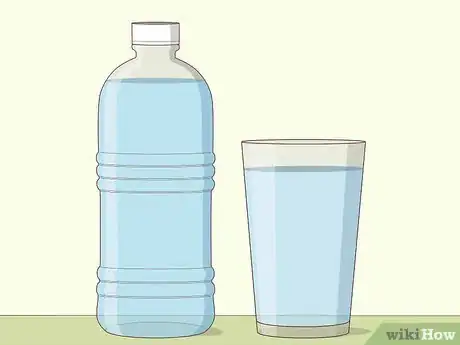
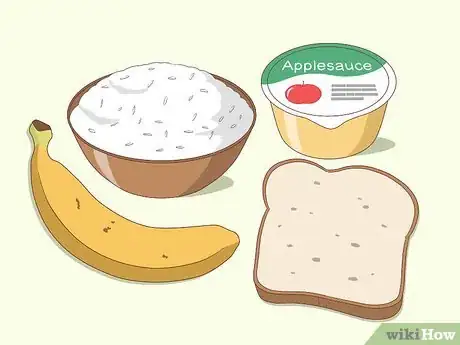
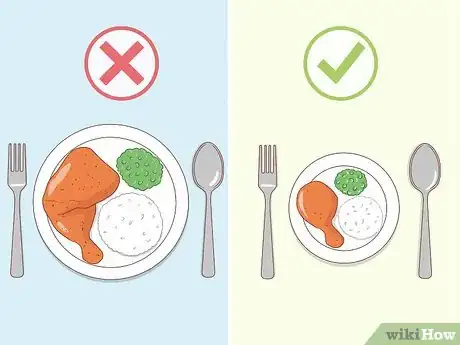
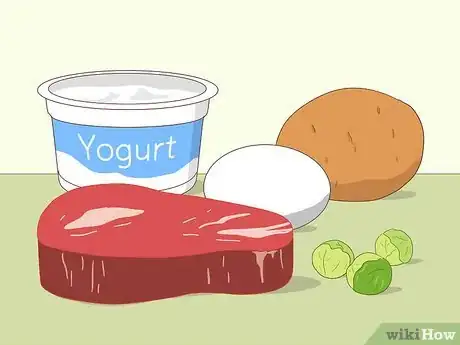
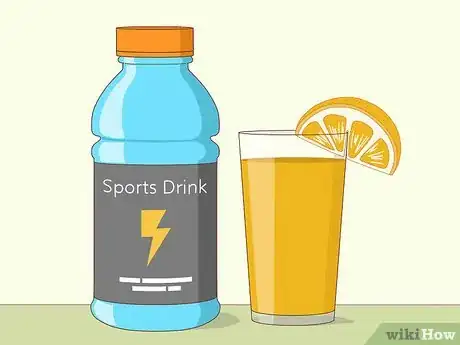


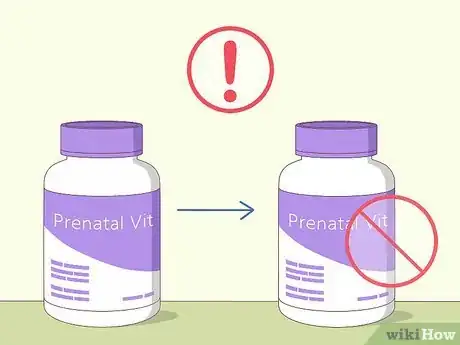
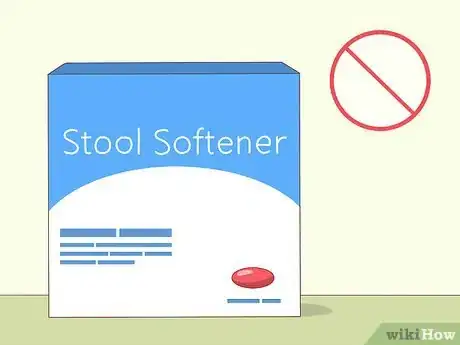
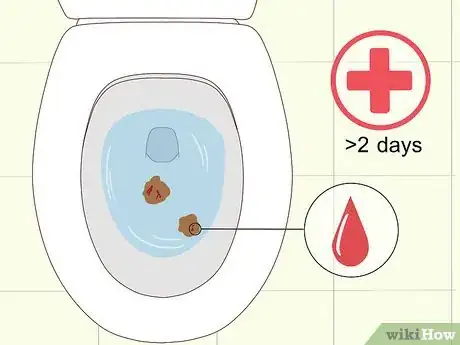
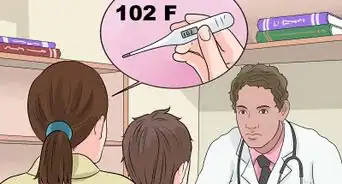


-Step-12.webp)


















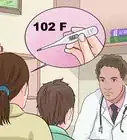


-Step-12.webp)



































Medical Disclaimer
The content of this article is not intended to be a substitute for professional medical advice, examination, diagnosis, or treatment. You should always contact your doctor or other qualified healthcare professional before starting, changing, or stopping any kind of health treatment.
Read More...